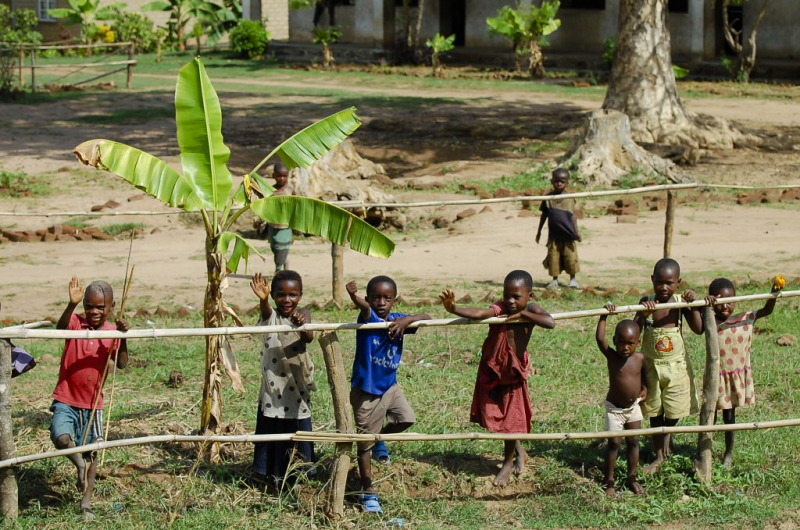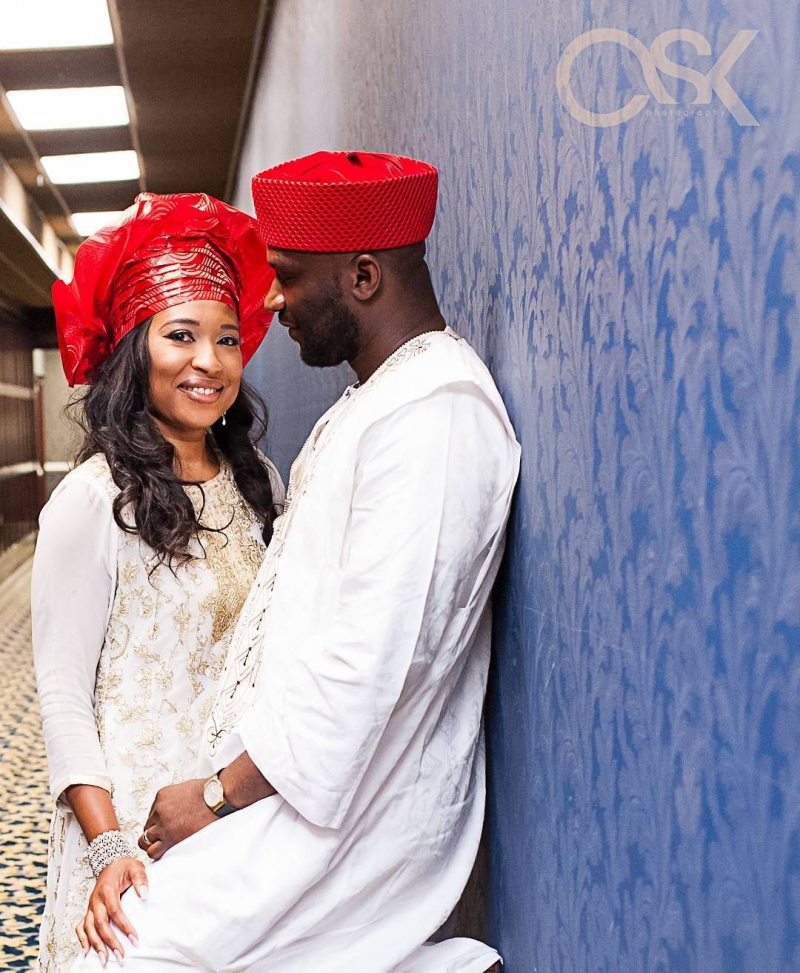Marriage and Family
A lot of marriages are still arranged. A three-day wedding celebration of dancing and feasting marks the woman's acceptance into her husband's clan when two people marry. Negotiations between the two families on the bride price (paid to the bride's family) precede this celebration, which can be extremely high. Because of the cost, young people frequently enter into common-law relationships and have children before marrying. Any children born before the wedding technically belong to the woman's father, but when the groom pays the bride price and formally marries the woman, he can take the children. In the unlikely event of divorce, the bride price must be returned to the husband, who retains custody of the children while the woman returns to her family.
Extended family structures continue to dominate rural life, as they do in much of Africa, while nuclear families are more common in cities. "The family" refers to the entire clan, and it is often used to imply a village. Gender, age, and clan status all play a role in the power structure. Women have limited authority in this system, but they do control food production. Each wife in an extended family has her own kitchen or cooking fire, and she is in charge of it. The husband owns a house. Wives also share child care and household responsibilities.
Cousins are treated the same as siblings, and aunts and uncles are treated the same as mothers and fathers. Children must respect their elders, including older siblings, but especially their mothers and fathers. It is not uncommon for children to be placed in the care of other family members. Having six or more children is considered to be a sign of wealth, health, and virility. Women are responsible for growing food, cooking, cleaning, serving, hauling water and firewood, and raising children. Men are in charge of hunting, building and maintaining houses, making tools and baskets, and clearing the fincas (forested agricultural plots) twice a year.









